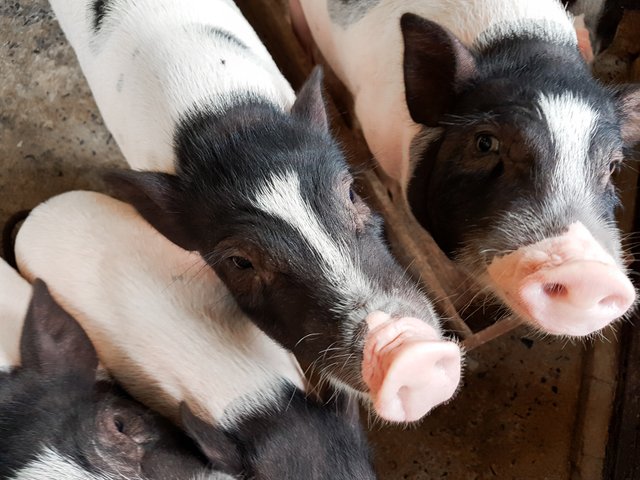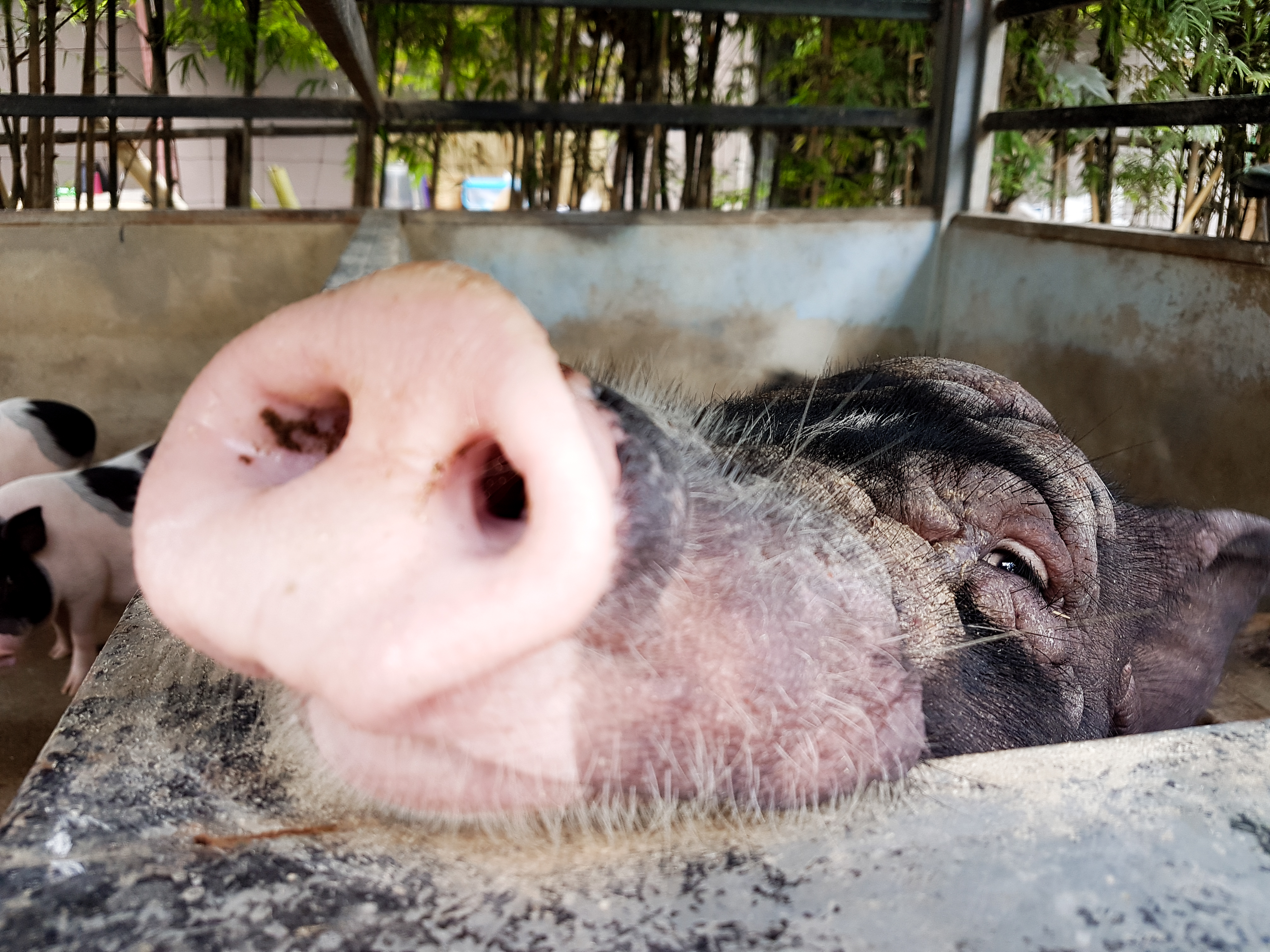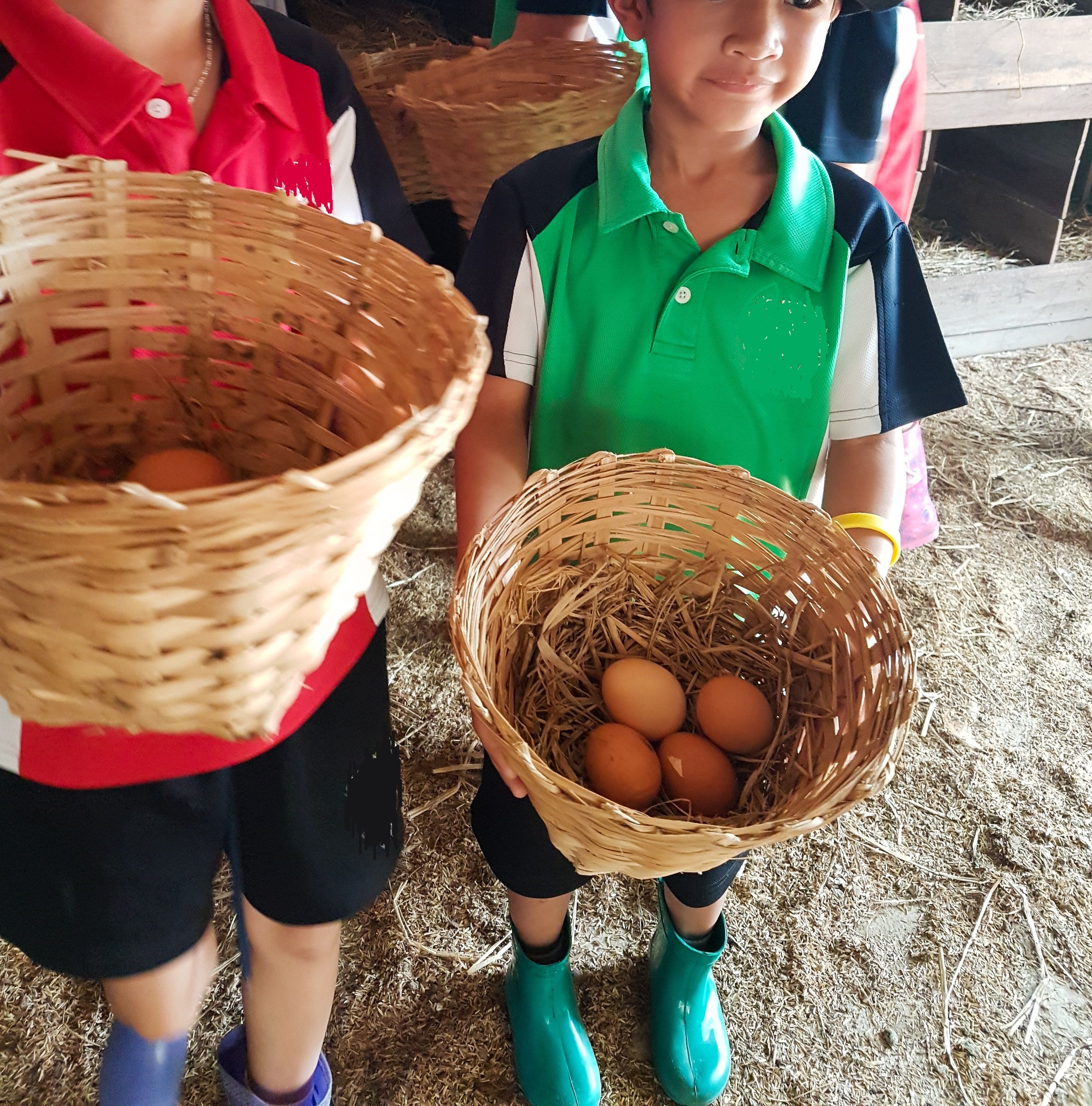Education. Hands-on learning in the farmyard. School trip teaches homesteading.
I think its fair to say that most children in today's education system are better at downloading and playing Minecraft, chatting to friends online and watching YouTube on their iPads than they are homesteading or trying to be Green.
Homesteading is a lifestyle of self-sufficiency. It is characterised by subsistence agriculture, home preservation of food, and could include the small scale production of textiles, clothing, and craft work for household use or sale.
Living in cities and towns, it's all too easy to pop down to the shops and buy your ready made meal or a new pair of jeans after you tear a hole in the knee- but should this be the first choice we make?
In a PSHE (Personal, Social and Health Education) topic I taught at school, we covered how to be self-sufficient. The unit was a natural progression on from planting seeds, germination and healthy eating.
.png)
Making sure the kids could get stuck in and experience things first hand we visited an 'education' farm. The students were told what to do and how to do it, but were given no help.
Each group had a list of criteria they HAD to complete such as:
- Prep animal food after they had sourced it from the storage barn.
- Feed the animals in the designated feeding zones- any animals that were not in the correct pen or field had to be rounded up and brought back for feeding time.
- Clean out the pens and pigsties.
- Dispose of any waste and take it to the compost heap.
- Collect eggs and check the health of the chickens and ducks.
- Cut grass and feed the goats.
- Check the chicken pens for any holes or signs of predators trying to get in.
.png)
.png)
All of the kids live in and around Bangkok- amazingly, this was the first time some of them had seen pigs and piglets and this number of animals all in one place! It was also the first time for almost all students to feed farm animals.

.png)
Staff that worked at the farm were nearby to ensure the children treated the animals in the appropriate way and no one got bitten.
.png)
The kids could be divided into 2 groups by the way they worked and acted. Those who loved it and those who were frightened to be close to animals and worried about getting dirty.

The structure the farm staff offered really meant that there was no choice and even the kids who worried or complained, quickly realised that their job mattered when they saw their animal going hungry or having to stay in a dirty sty. I assume reactions of older children would likely be different, with a no meaning no!
.png)
.png)
It was great to see kids use their own initiative as they worked. They followed the list of things to do but began noticing things around the farm that weren't on their list, that needed to be done. Hose pipes were moved to and from different vegetable patches when one started to flood. Broken fences were tied up with baling twine and seedlings were covered over to stop birds eating the seeds.
.png)
Students got to keep a few eggs each and take them home.

.png)
I guess the important thing about the trip is what happened after- did it make a difference?
Well, yes. Out of the 40 students who worked on the farm, many of them have returned with their families on the weekend. There is also a new group of farmers! A handful of kids have since gone out and bought their own poultry. Living in the city has limited them to what they could keep but they found a way.
Quail chicks sell for 25 baht (0.8 USD) in the famous Chatuchak market. They are smaller and easier to keep than chickens but lay eggs daily. A 'high-tower' pen now stands on several Bangkok condominium balconies and have had complete success (almost 1 year to date).
Kids who have relatives in other provinces out in the countryside have shared stories about how they now help and work in a similar way during longer holidays and one student is adamant she will become a rice farmer living in her grandmothers province when she leaves school.
If you liked my post, please don't forget to follow for more :)
Man is the only creature that consumes without producing. He does not give milk, he does not lay eggs, he is too weak to pull the plough, he cannot run fast enough to catch rabbits. Yet he is lord of all the animals. He sets them to work, he gives back to them the bare minimum that will prevent them from starving, and the rest he keeps for himself.
Top post, and very useful for all.
Thanks for having a look :)
I loved farms so much when I was younger, they were always just the most interesting and amazing trips! Great post, glad to see people are still hands on!
I was exactly the same. Grew up in the countryside and had my own chickens! Much harder for kinds living in cities.
Looking at the children feeding the ducks just makes me smile!
This is such a good project! You are doing marvelous job!!
Very nice farm! Is it very near Bangkok? Can anyone go to visit this farm?
I would love to have some fresh eggs from this farm too!
Cheers.
Thank you. Its at Farm de Lek, on the way to Nakhon Nayok
You got a 100.00% upvote from @greengrowth thanks to @thinkit! You too can use @GreenGrowth by sending your post URL in the memo field to the bot. Minimum bid is 0.01.
If you feel this post is spammy or not worthy of @Greengrowth you can contact a moderator in our Discord Channel https://discord.gg/6DhnVTQ.